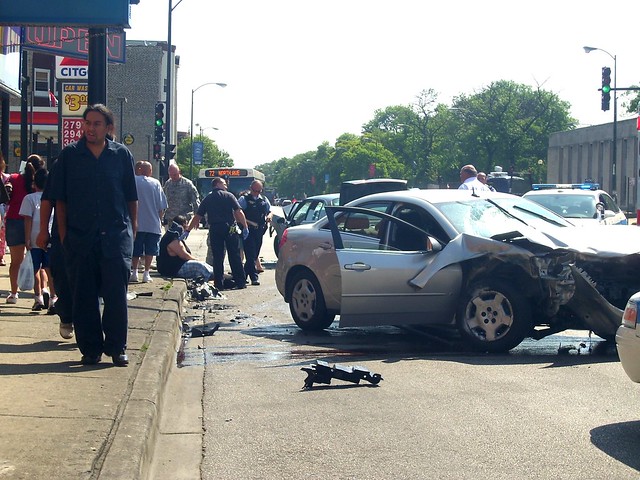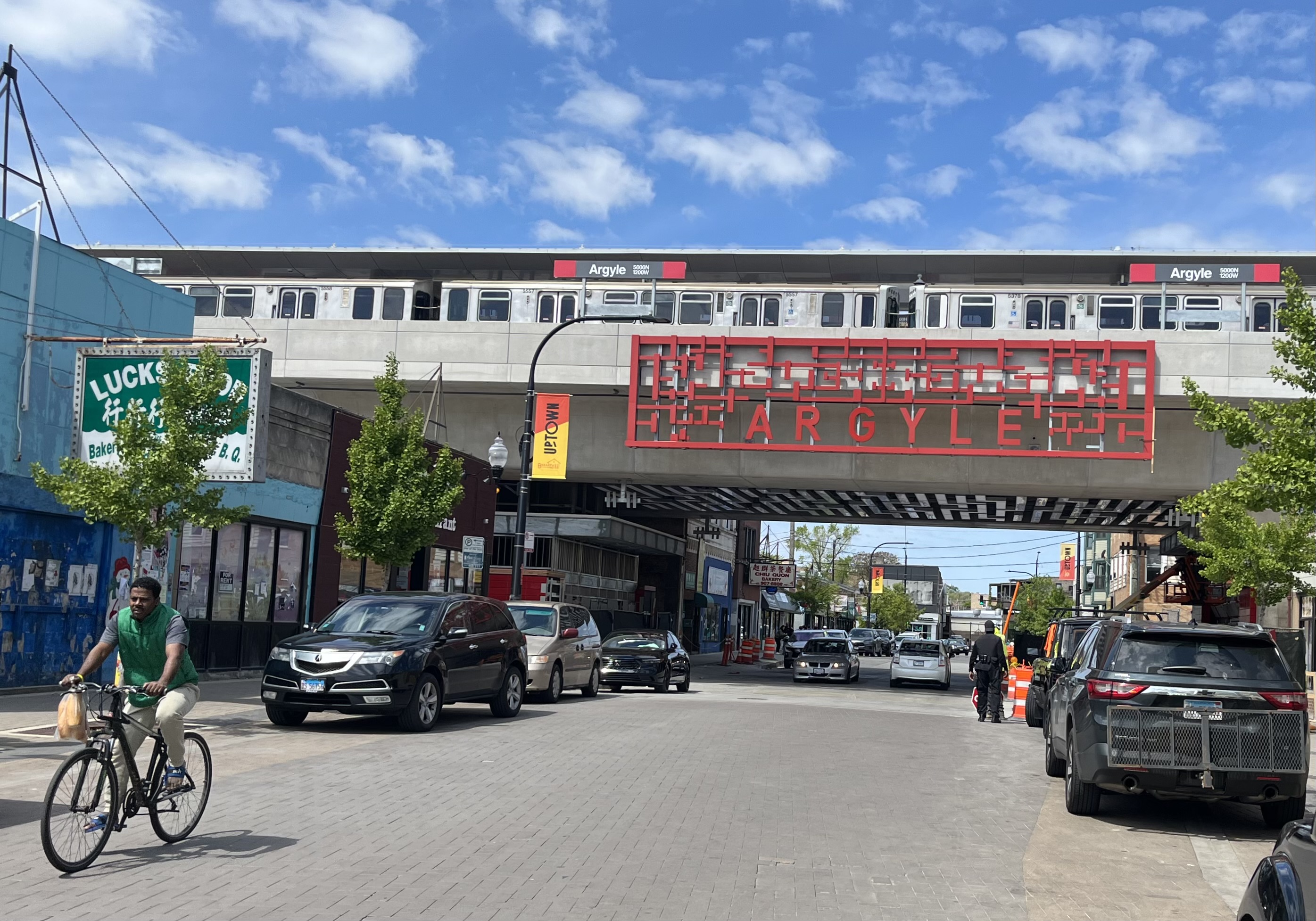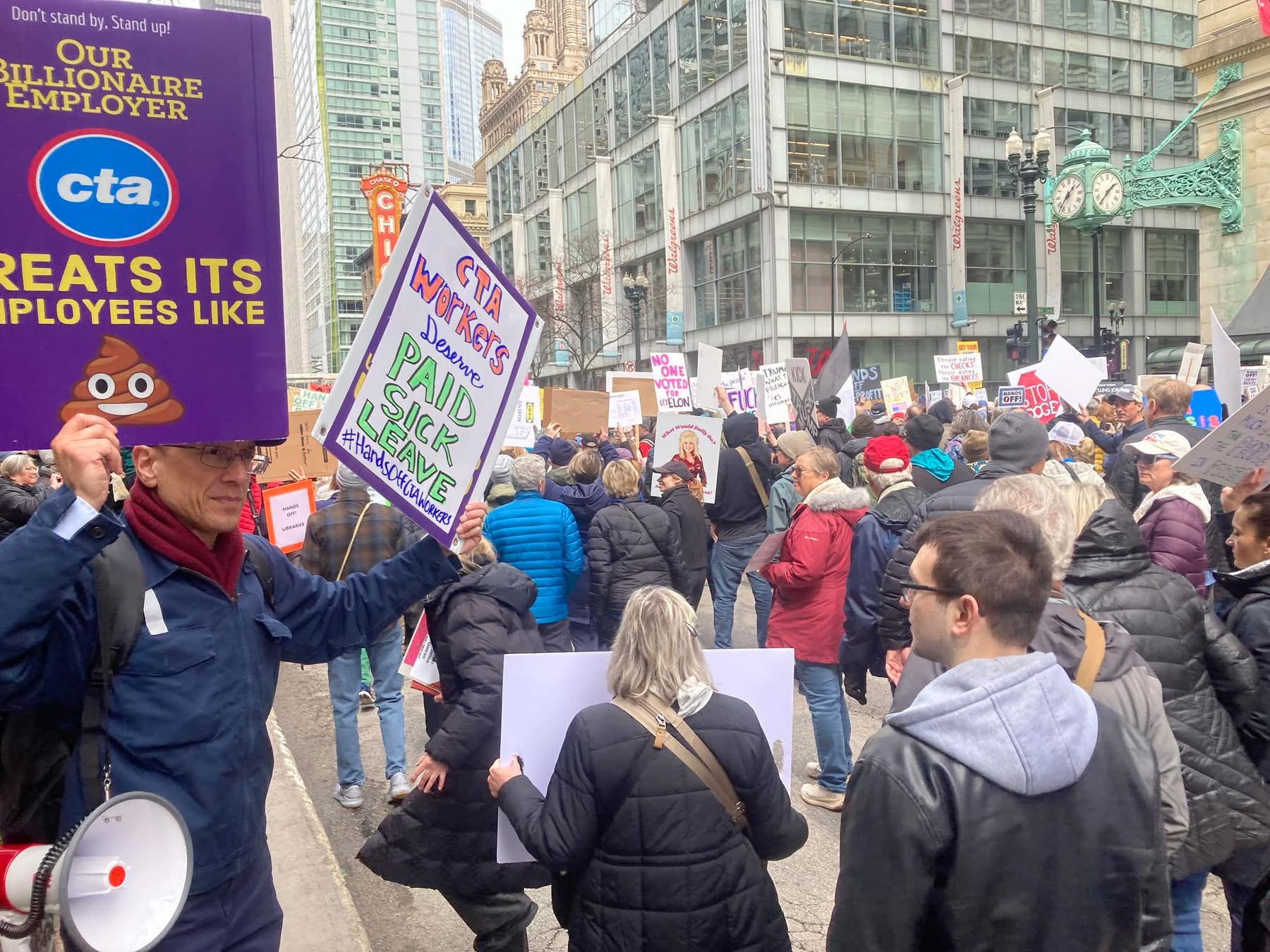
After the fatal Metro-North commuter rail crash in the Bronx this weekend, yesterday the Chicago Tribune published an informative article about Positive Train Control for Metra. PTC is a technology that can slow or stop a train when the engineer is incapable of operating it, not paying attention, or when something else goes wrong.
After a commuter rail crash in Los Angeles killed 25 passengers, Congress mandated the installation of PTC on all passenger trains, including Amtrak, by 2015. The LA train driver had been distracted by text messages and the train passed a red signal, colliding with a freight train.
The political response to the Metro-North crash has been swift and forceful too. Connecticut Senator Richard Blumenthal said, "Additional delay [in implementing PTC] is not in the interest of rail safety."
That's true, but it's remarkable that we never hear the same type of urgency when it comes to a much more widespread danger in our transportation system: drivers traveling at excessive speeds. It's also not in the interest of anyone's safety to delay implementing measures like slower urban speed limits or increased enforcement of speeding.
A young person who witnessed the Metro-North crash from his apartment told the Washington Post, "It makes me grateful that I have a car," and the New York Times interviewed a person on the train who said, "You think you’re safe on the train, I know I’m going to be taking a car for a while."
Driving, however, is exponentially more dangerous than riding a train, and speeding on city streets is the leading cause of traffic injury and death. The data reveal that policy makers should be responding even more urgently to the dangers on our road than on the rails.
- The National Transportation Safety Board, which investigates train, bus, and air crashes, said that 57 deaths – nationally – from 2004-now could have been prevented with PTC.
- In a shorter period, from 2009 to 2012, 554 people died on Chicago roads, 22 percent of them to speeding or driving faster than appropriate for conditions. Speeding crashes represent only 3.24 percent of all reported crashes.
- Since 2003, Metra has seen two deaths that could have been prevented with PTC.
Metra says the cost of PTC for all 11 lines is $235 million, and the agency may face penalties if it doesn't have the system installed by the 2015 deadline. Congress has not provided any funding for national freight and transit railroads to implement PTC.
The Tribune quoted one unnamed consultant saying, "If something goes wrong again, God forbid, the elected officials who voted for the delay will end up wearing the jacket." There should also be political consequences for putting off proven safety measures on our streets. After all, devoting $235 million to traffic safety improvements would have an even greater effect on saving lives than Positive Train Control.
Ask your legislators, where's our Positive Car Control?




